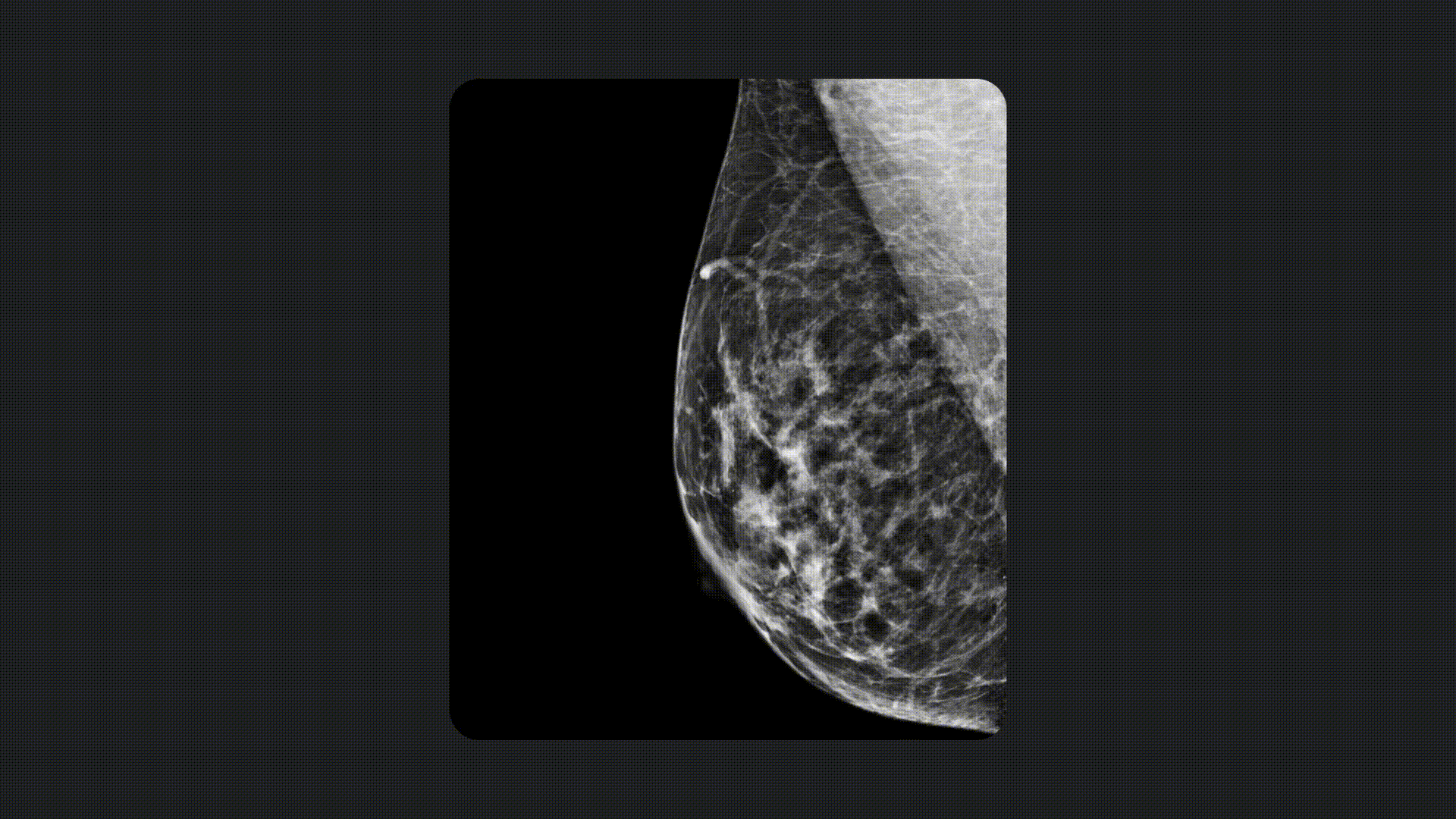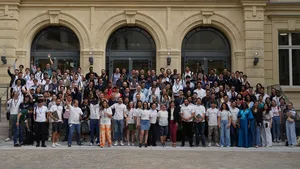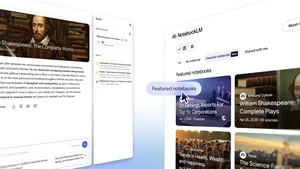Partnering with iCAD to improve breast cancer screening

Breast cancer is one of the world’s most common cancers; thankfully, early detection can help save lives and improve outcomes among many who develop the disease. At Google Health we’re developing AI to improve the accuracy and expand the availability of breast cancer screenings. Over time, better screenings will improve health outcomes and reduce disparities for people around the world.
Today, we’re announcing a partnership with iCAD, a leader in medical technology and cancer detection, marking the first time we are licensing our mammography AI research model. iCAD will work toward validating and incorporating our mammography AI technology with its products for use in clinical practices with the goal of improving breast cancer detection and assessment of short-term personal cancer risk for the more than two million people globally diagnosed with breast cancer every year.
iCAD will further develop Google Health's technology for use in a clinical setting
While breast screenings are critical to improving outcomes, a shortage of specialists around the world means that screening systems are often overburdened, leading to long, anxiety-filled delays for people awaiting results. In screening programs today, there are challenges related to access, accuracy, patient experience, and clinician workload. iCAD’s breast imaging portfolio of tools and Google Health’s mammography AI technology give radiologists the opportunity to focus on their patients.
Alongside licensing our AI technology, iCAD will also use Google Cloud’s secure, scalable infrastructure, giving them the ability to rapidly expand cloud-hosted solutions into new regions. By doing so, iCAD can scale access to AI-based tools in underserved regions where infrastructure challenges may constrain their ability to offer breast cancer screenings.
This commercial partnership with iCAD underscores an inflection point in our mammography work. After several years of investment and intentional research and testing, we’re now ready to partner with iCAD to take the next steps toward integrating this technology into a real-world clinical setting and work together to make a difference in the lives of millions of people undergoing breast cancer screening.
Building on Google Health’s work in mammography
A pivotal moment in our work came in 2020 when we published research in Nature showcasing how our AI technology performed better than radiologists in a retrospective study at identifying signs of breast cancer and could have reduced rates of false positives and false negatives.
We also worked with partners to design studies where AI was used to support real screening systems to understand whether the technology can help in a clinical workflow. Through a partnership with Northwestern Medicine, we’re researching how our technology can help prioritize high-risk cases and shorten the time to diagnosis for screened individuals. This technology may help reduce anxiety in patients by shortening callback times for additional screenings.
Since breast cancer screening systems vary globally, we recognized the need to test this technology in different regions. Through the NHS AI Award, we are working with Imperial College London and three NHS trusts to examine whether our technology can act as a “second independent reader” in UK double-read screening systems and allow radiologists to focus on high-priority cases while improving consistency and quality of screening.
And now with iCAD, we believe that the challenges patients and care partners face related to access, accuracy, and consistency of screening can be addressed through technology that improves care, the patient experience and the possibility of making healthcare more accessible to all.







